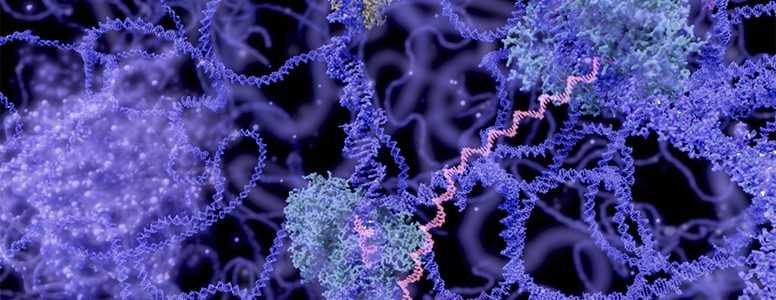Scientists have found a new way of determining the chances of developing type 2 diabetes by examining specific changes in a type of gene through a simple blood test.
The risk of type 2 diabetes can be assessed through measurements of average blood glucose levels over time. But the predictive potential of this method is modest.
Researchers from Sweden’s Lund University are now looking at whether it’s possible to measure the presence of DNA methylations – which are chemical changes that control gene activity – in four specific genes. This could predict who is at risk of developing type 2 diabetes, long before it occurs.
Dr. Karl Bacos, a specialist in epigenetics at Lund University, said: “This could motivate a person at risk to change their lifestyle. The hope is that this will be developed into a better way to predict the disease.”
The researchers found that the DNA methylations in the four genes increased based on age and this affected the activity of the genes. When these changes were copied in cultured beta cells, they had a positive effect on insulin secretion.
Bacos explained: “We could then see the same DNA methylation changes in the blood which was really cool.”
Blood samples were compared from participants of two separate studies, one Danish and one Finnish. These were then taken again a decade later.
The Finnish participants who had higher levels of DNA methylation in their first sample had a lower risk of type 2 diabetes after 10 years. In the Danish participants, higher DNA methylation in their first sample was associated with higher insulin secretion in the second sample.
All of the Danes were healthy on both occasions, but about one-third of the Finnish people had developed type 2 diabetes.
Professor and research project manager Charlotte Ling said: “Increased insulin secretion actually protects against type 2 diabetes. It could be the body’s way of protecting itself when other tissue becomes resistant to insulin, which often happens as we get older.
“You cannot change your genes and the risks that they entail, but epigenetics means that you can affect the DNA methylations, and thereby gene activity, through lifestyle choices.”
The study was published in the journal Nature Communications.
What's new on the forum? ⭐️
Get our free newsletters
Stay up to date with the latest news, research and breakthroughs.





